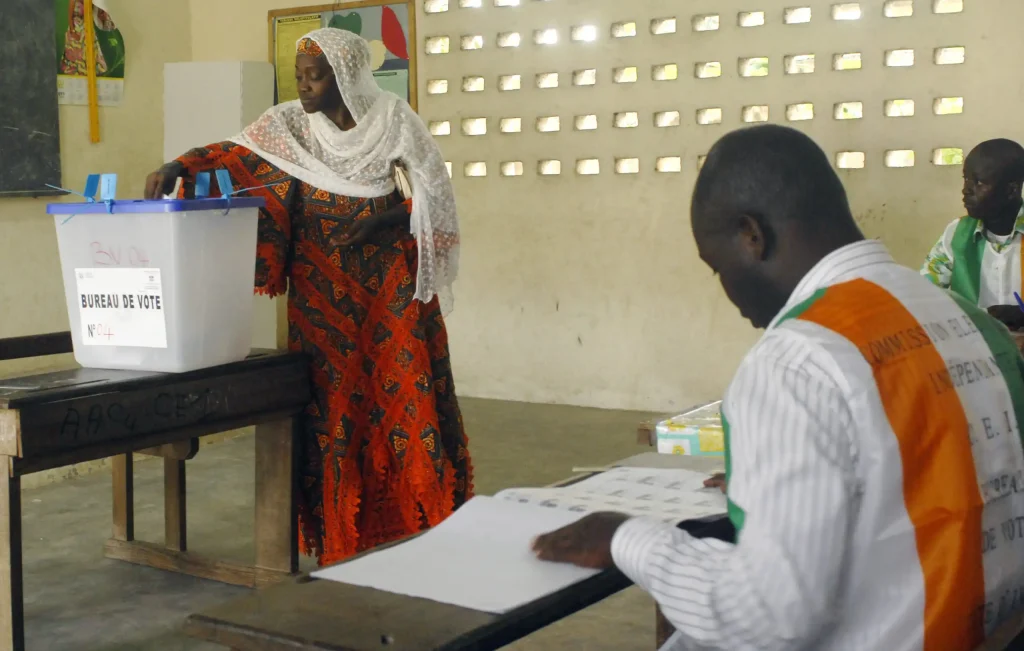Guinea will hold general and presidential elections in December 2025, Prime Minister Amadou Oury Bah announced on Monday, May 12, 2025, signaling a pivotal step toward reinstating democratic governance four years after a military coup. The declaration, made at the Africa CEO Forum in Abidjan, Ivory Coast, comes as the junta-led government prepares for a constitutional referendum and navigates a contentious political transition.
Laying the Groundwork for Elections
Speaking to investors, Prime Minister Bah emphasized ongoing efforts to complete civil and voter registration, describing it as the “cornerstone” for future public policies. This process is critical to ensuring a transparent and inclusive electoral framework, a key priority for the junta as it seeks to legitimize its roadmap to democracy following the 2021 coup that ousted former President Alpha Condé.
Constitutional Referendum on the Horizon
Bah also reaffirmed plans for a referendum on September 21, 2025, to adopt a new constitution, as outlined by junta leader General Mamadi Doumbouya in April.
The proposed constitution is expected to redefine Guinea’s political structure, setting the stage for the upcoming elections. Doumbouya, in his January New Year address, called 2025 “a decisive year for restoring constitutional order,” underscoring the referendum’s significance.
A Rocky Path to Democracy
The elections mark a critical juncture for Guinea, which has been under military rule since Doumbouya seized power in September 2021. The junta has pledged to transition to civilian governance, but recent actions have sparked concern. In October 2024, the regime dissolved 53 political parties and placed 54 others under scrutiny, drawing criticism from opposition groups and civil society for stifling political pluralism and jeopardizing the democratic process.
Opposition Faces Crackdown
The military’s suppression of political opponents has heightened tensions, with critics arguing that the dissolution of parties undermines the junta’s commitment to a fair transition. Opposition leaders and activists have voiced fears that the electoral process may favor the junta’s interests, casting doubt on the prospect of free and competitive elections. International observers are closely monitoring Guinea’s adherence to democratic principles.
A Defining Moment for Guinea
As Guinea approaches this transformative election year, the success of the referendum and elections will determine whether the country can overcome its turbulent political history. Prime Minister Bah’s announcement reflects cautious optimism, but the junta’s ability to foster an inclusive and transparent process will be crucial. For now, Guinea stands at a crossroads, with the world watching to see if 2025 will mark a new chapter of democratic stability.




















